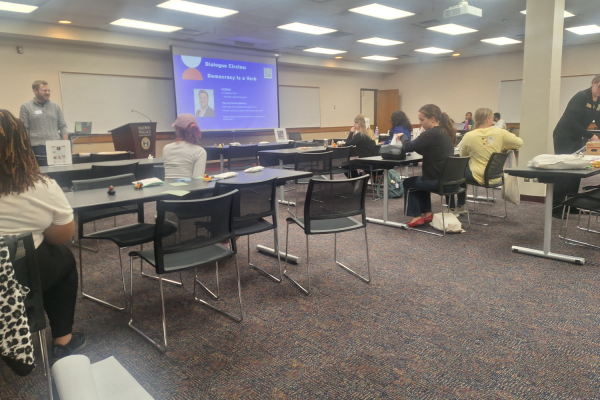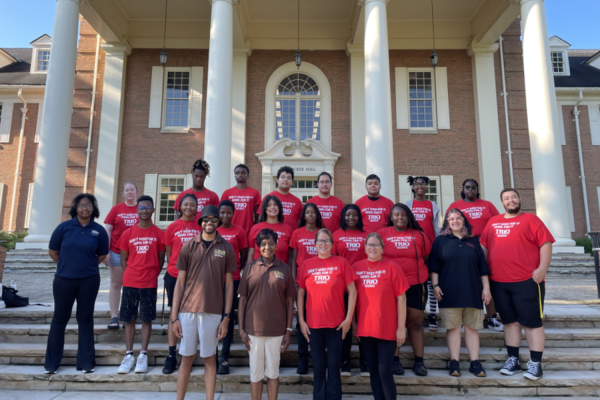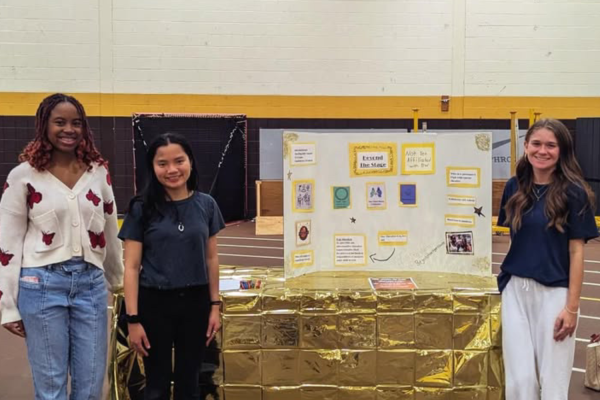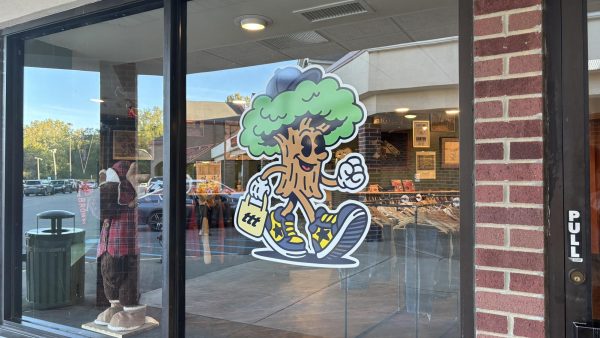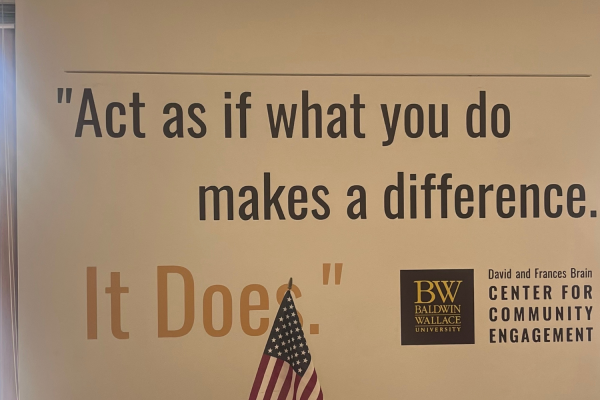Idaho murders highlight importance of campus safety
BW Safety and Security gives insight on ways students can stay safe on and off campus.
The high-profile case surrounding the brutal murders of four University of Idaho students last November has rocked people around the globe – and BW students are no exception.
In a survey conducted by The Exponent that asked 77 BW students questions about safety habits and concerns around campus, many voiced how the Idaho case has affected them. Out of the students familiar with the case, 68.3 percent of students reported rethinking their personal safety habits after hearing about the incident.
The victims in the Idaho murders, Kaylee Goncalves, Xana Kernodle, Ethan Chapin and Maddie Mogen, were stabbed to death by a masked intruder in their off-campus home on Nov.13, 2022. The only suspect in this ongoing case is Bryan Kohberger, a doctoral student studying criminology at the University of Washington. There were no signs of forced entry into the home, and new details in this case suggest Kohberger may have been stalking the victims – through social media and other means – since August of 2022.
To increase safety around campus, BW Safety and Security offers many services available for students to utilize, including an escort service and vehicle lockout assistance. Currently, Safety and Security is working on developing a program for students on personal safety.
“We are putting together a program with [residence] life, criminal justice, and the Berea police,” said Tim Washington, the supervisor on first shift for BW Safety and Security. “We’re going to talk about personal safety, and we might talk about active shooter training.”
This program comes at a time where students are beginning to call their personal safety into question – in October of last year, The Exponent reported on numerous accounts of sexual harassment and safety concerns with the Fairgrounds Gate 3 parking lot.
While 47.4 percent of surveyed students reported feeling mostly safe in campus parking lots at night, 38.2 percent reported only feeling fairly safe and 9.2 percent not feeling safe at all. Only 5.3 percent reported feeling extremely safe.
This, in part, could be due to the lack of blue light emergency phones present on campus. When asked if they were comfortable with the current number of emergency phones on campus, an overwhelming 87 percent of students reported that they were not, and that they feel more should be added.
According to Washington, students should call BW Safety and Security, the Berea Police Department, or even 911 in emergency cases when students feel threatened or unsafe in an area where there are no blue light emergency phones.
“I’d rather have you report something and have us check it out and have it not be [anything], then not report it and have something happen,” Washington said. “We’re here 24/7, even if you have a question. If we don’t answer it, we can try to get an answer for you. We’re always available.”
To help increase personal safety, students can practice good safety habits such as locking doors, using good judgment on social media and ensuring other students scan their own jacket express cards before letting a stranger into a university building.
15.6 percent of surveyed students reported that they never lock their doors. According to Washington, students should not take their safety for granted – even in a safe town like Berea – and keep their doors locked at all times.
“We had an incident in Lang Hall years ago,” Washington said. “A girl went down to the bathroom. [When] she came back – she’d left her door unlocked – there was an individual in her room … Even if you’re going across the hall, lock your doors.”
Dale Papes, a part-time officer who works with BW Safety and Security, describes how students can extend safe practices to social media. Out of the students surveyed, 39 percent reported having public social media accounts. According to Papes, students should use their own judgment when it comes to social media but should still always think before they share.
“When you put information out there, it’s out there,” Papes said. “If it’s not something you would want shared with that one person walking down Beech Street, what about across the country, or everywhere in the world?”
In addition to social media, Papes also warns that students need to be careful when it comes to who students let into University buildings.
“I see it all the time on patrol, people holding doors for each other. Which is nice … but let somebody scan their own card,” Papes said. “Plus, that could even help us. [One] night, we received a call where it was very helpful to know an individual’s last location so we can go help them.”
Even though 54.5 percent of the surveyed students reported feeling mostly safe overall on campus, incidents can happen anywhere, Washington said.
“People say it can never happen in Berea. Yes, it can.” Washington said. “The probabilities of it happening might be slim, but the possibilities are endless.”
For additional ways to stay safe, BW students can attend safety classes given by Washington, available upon request, or take part in the Berea Police Department’s program C.R.A.S.E., which stands for “Civilian Response to an Active Shooter Event.”
The Exponent is looking for financial contributions to support our staff and our newsroom in producing high-quality, well-reported and accurate journalism. Thank you for taking the time to consider supporting our student journalists.





























